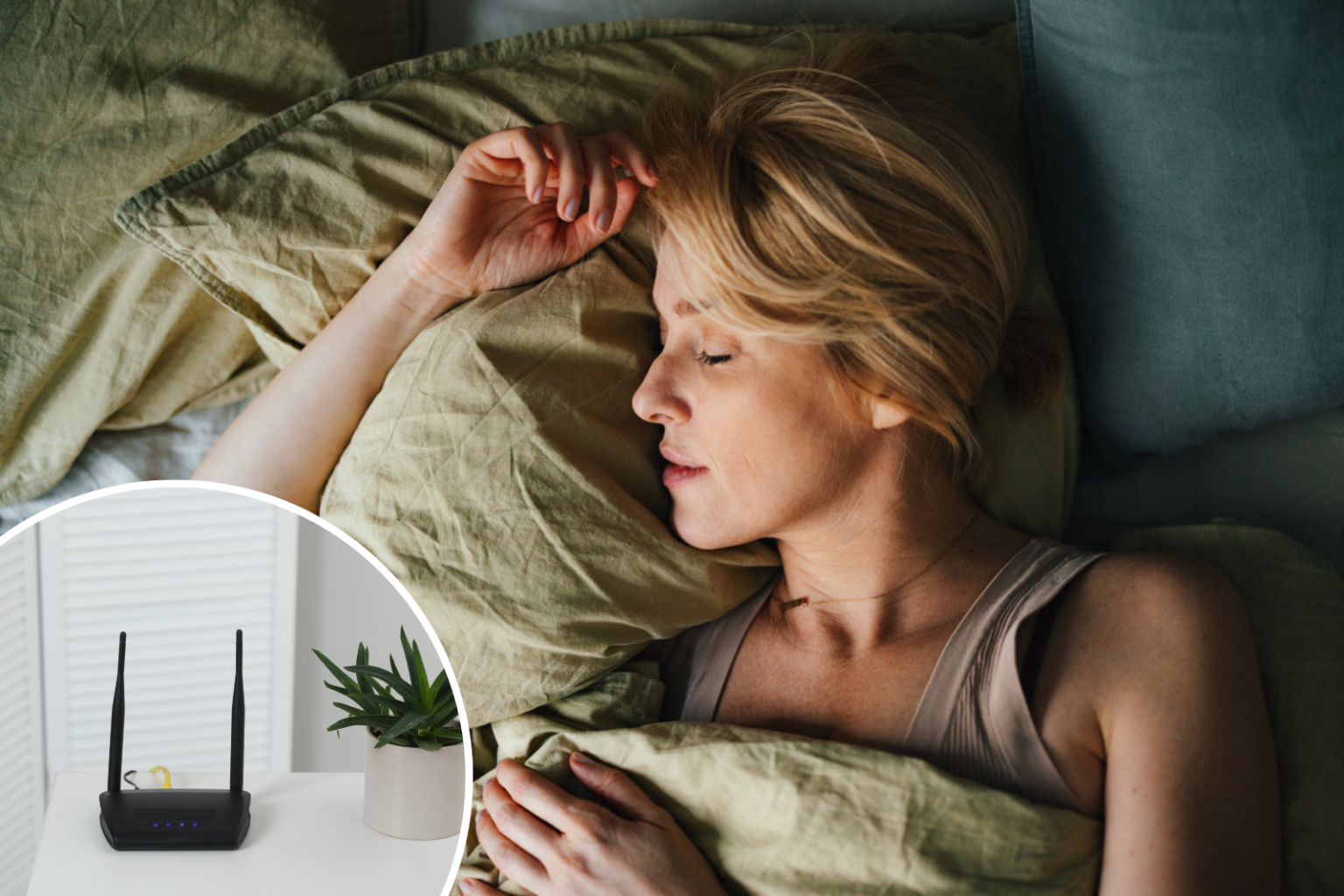Is turning off Wi-Fi at night really a smart energy-saving move? Recent claims suggest it could slash electricity bills and boost broadband performance. But is there truth behind this popular belief? Let’s dive into the facts and uncover the reality behind this widespread myth.
In recent months, a wave of energy-saving tips has swept across the UK, with one particular suggestion gaining traction: powering down Wi-Fi routers at night. Proponents claim this simple action can lead to significant reductions in electricity consumption and even improve internet speeds. However, as we delve deeper into this topic, we’ll discover that the reality is far more nuanced than these claims suggest.
The misconception: Wi-Fi and broadband connection
At the heart of this myth lies a fundamental misunderstanding about the relationship between Wi-Fi and broadband connections. Many consumers mistakenly believe that these two technologies are one and the same, but this couldn’t be further from the truth.
Wi-Fi refers to the wireless network within your home, allowing devices to connect to the internet without cables. On the other hand, your broadband connection is the physical link between your home and your Internet Service Provider (ISP).
This confusion often leads to people blaming their ISP for local network issues, even when using third-party routers. It’s crucial to understand that:
- Wi-Fi only affects your local home network (WLAN)
- Broadband connection is independent of your Wi-Fi settings
- Turning off Wi-Fi doesn’t impact your broadband line
Energy savings: A drop in the ocean
The primary motivation behind switching off Wi-Fi at night is to save energy. However, the actual power consumption of a Wi-Fi chip is minuscule. Let’s break down the numbers:
| Device | Power Consumption |
|---|---|
| Wi-Fi Chip | < 1 Watt |
| Router (total) | 6 – 20 Watts |
As we can see, the energy savings from disabling Wi-Fi are negligible. In fact, the effort required to manually turn it off and on might consume more energy than leaving it running! If energy conservation is your goal, focus on larger appliances that draw significantly more power.
Potential drawbacks of nightly Wi-Fi shutdowns
While the energy-saving benefits are minimal, there are several potential drawbacks to consider when contemplating nightly Wi-Fi shutdowns:
1. Smart home disruptions: Many modern homes rely on Wi-Fi-connected devices for security, convenience, and energy management. Turning off Wi-Fi can disrupt:
- Video doorbells
- Smart alarms
- Battery/solar system monitors
- Other IoT devices requiring constant connectivity
2. Missed firmware updates: Network operators often push critical security updates to routers during off-peak hours, typically early morning. Powering down your router might cause you to miss these essential updates, potentially leaving your network vulnerable.
3. Dynamic Line Management (DLM) issues: For users with copper broadband connections (ADSL, FTTC/VDSL2, or G.fast), frequent router shutdowns can trigger DLM systems. These systems may interpret the regular disconnections as line instability, potentially leading to reduced speeds as a precautionary measure.
Separating fact from fiction
Now that we’ve debunked the main aspects of this myth, let’s clarify some key points:
1. Wi-Fi vs. Broadband: Disabling Wi-Fi doesn’t affect your broadband connection. You can easily turn off Wi-Fi on most routers without disrupting your internet service.
2. Negligible energy savings: The power consumption of a Wi-Fi chip is so low that turning it off provides virtually no benefit to your electricity bill.
3. No speed improvements: Contrary to some claims, disabling Wi-Fi at night won’t improve your broadband speed or stability. These factors are determined by your ISP and physical connection, not your local wireless network.
4. Smart device considerations: If you rely on Wi-Fi-connected smart home devices, especially for security or monitoring purposes, it’s best to keep your Wi-Fi active 24/7.
In light of these facts, it’s clear that the practice of turning off Wi-Fi at night offers little to no tangible benefits while potentially causing unnecessary inconvenience and disruptions to your smart home ecosystem.



